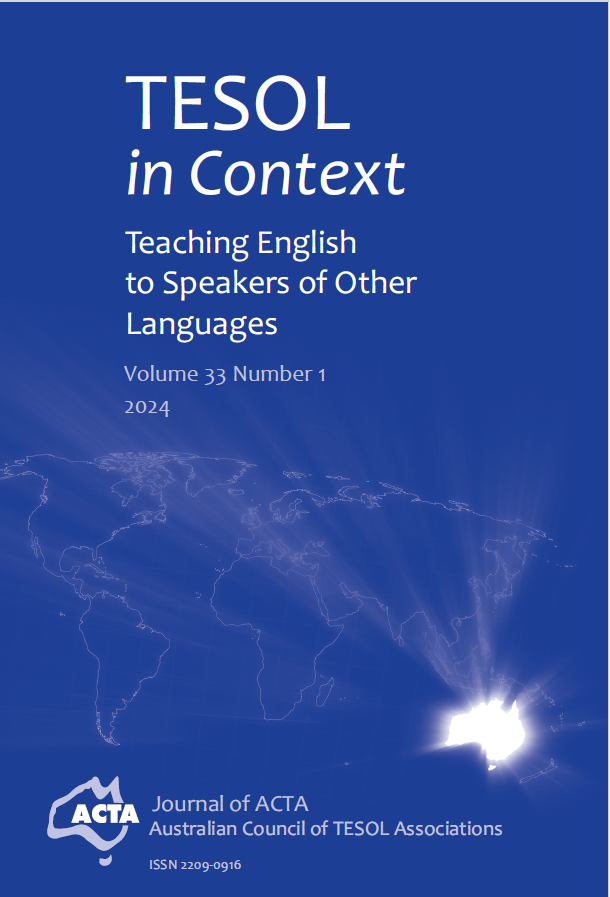Inclusion in the learning game: Applying considerations from cognitive neuroscience, educational psychology, and SLA to language learning activity and materials design
DOI:
https://doi.org/10.21153/tesol2024vol33no1art2014Abstract
Considering the need for pedagogically effective learning activities and materials to support language learning, particularly within teacher-led instruction, it is curious that at present there is no overarching, research-based framework available to educators to draw from when designing and implementing such activities and materials. To address this gap, the authors of this paper have drawn from a host of relevant research pertaining to cognitive neuroscience, educational psychology, and second language acquisition to establish a framework for designing and implementing activities and learning materials capable of facilitating enhanced language learning outcomes within an inclusive classroom. Incorporating ten key considerations – attention and focus, desirable difficulty, depth of processing, deliberate practice, novelty and surprise, wakeful rest, visible learning, meaningful feedback, affective engagement, and strategic choice and use – this versatile framework not only provides teachers with necessary knowledge for designing language learning activities and materials in an engaging and efficacious manner but may also embolden them to do so.
Downloads
Published
Issue
Section
License
Copyright (c) 2024 TESOL in Context

This work is licensed under a Creative Commons Attribution-ShareAlike 4.0 International License.






